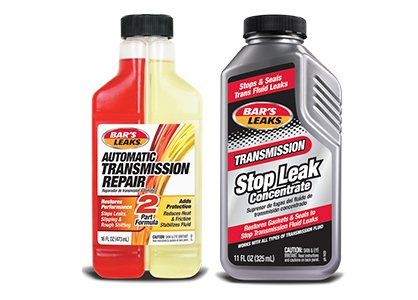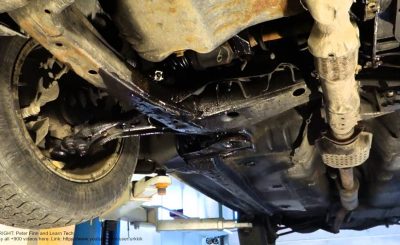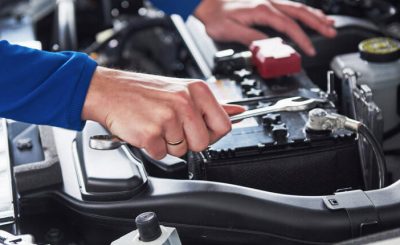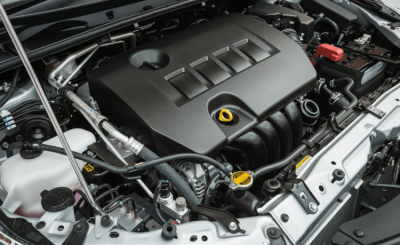No matter which engine fluid you’re talking about, changing it at regular in intervals is important (but all too often ignored). In the case of automatic transmission fluid, or ATF, clean fluid does a better job of lubricating moving parts and minimizing transmission internal wear. Fresh ATF also distributes heat better, extending the life of your transmission. It’s literally one of the hardest-working fluids in your vehicle.
If you’ve ever had to have your automatic transmission serviced, you know how costly it is. Transmissions are complex beasts. Modern automatic transmissions are incredibly advanced and include intricate valves and passages that route transmission fluid where it is needed. When your transmission fluid starts to break down, wear can create small particles and contamination that wear out your transmission gears.
You can greatly increase the length of transmission life by replacing your transmission fluid at the intervals suggested by your manufacturer – more if you are a heavy-duty driver who sees demanding conditions or a lot of stop-and-go commuting. For automatic transmissions, it is advisable to change your fluid every 30,000 miles — or sooner, under heavy-duty use. Manual transmission cars can run between 30,000 and 50,000 miles, depending on how you drive. As always, check your owner’s manual for specifics.
ATF FOR LIFE?
Some manufacturers tout sealed transmissions that never need a fluid change. If this is the case for your vehicle, it is critical that you follow recommended intervals for break-in and filter replacement, as mechanical wear can eventually cause tiny metal shavings/particles to work lose and damage your transmission. Speak with your mechanic and discuss the possibility of replacing your “lifetime” transmission fluid as your vehicle gets older to reduce the chance of costly damage.
Another great way to extend the life of your transmission, seal leaks and improve your fuel economy is to choose one of our proven transmission fluid treatment products.
Failure to treat your transmission fluid as it ages can result in costly repairs or the need for a new transmission, which costs thousands of dollars and immobilizes your vehicle while it is being repaired. Don’t let it come to that.






